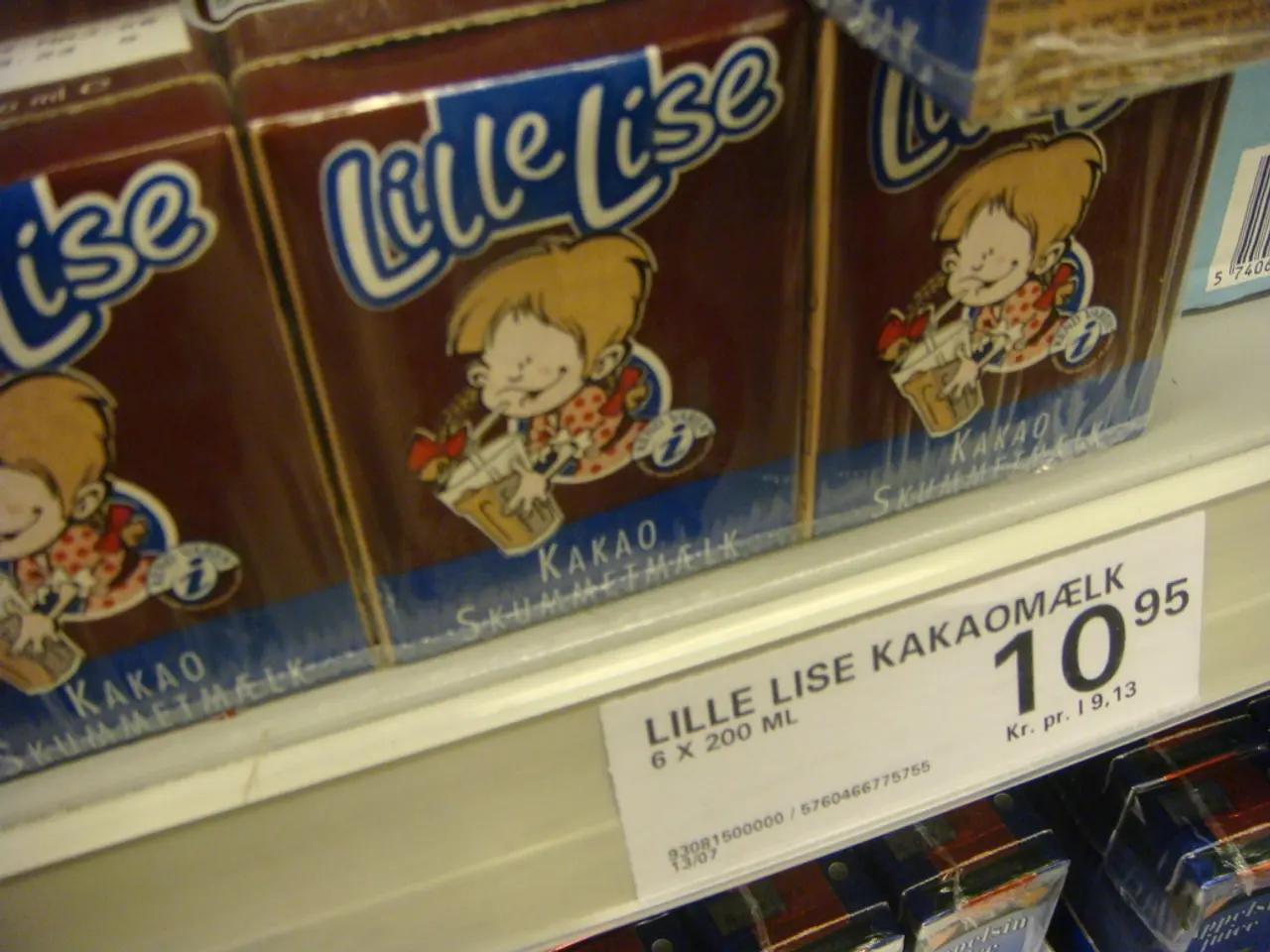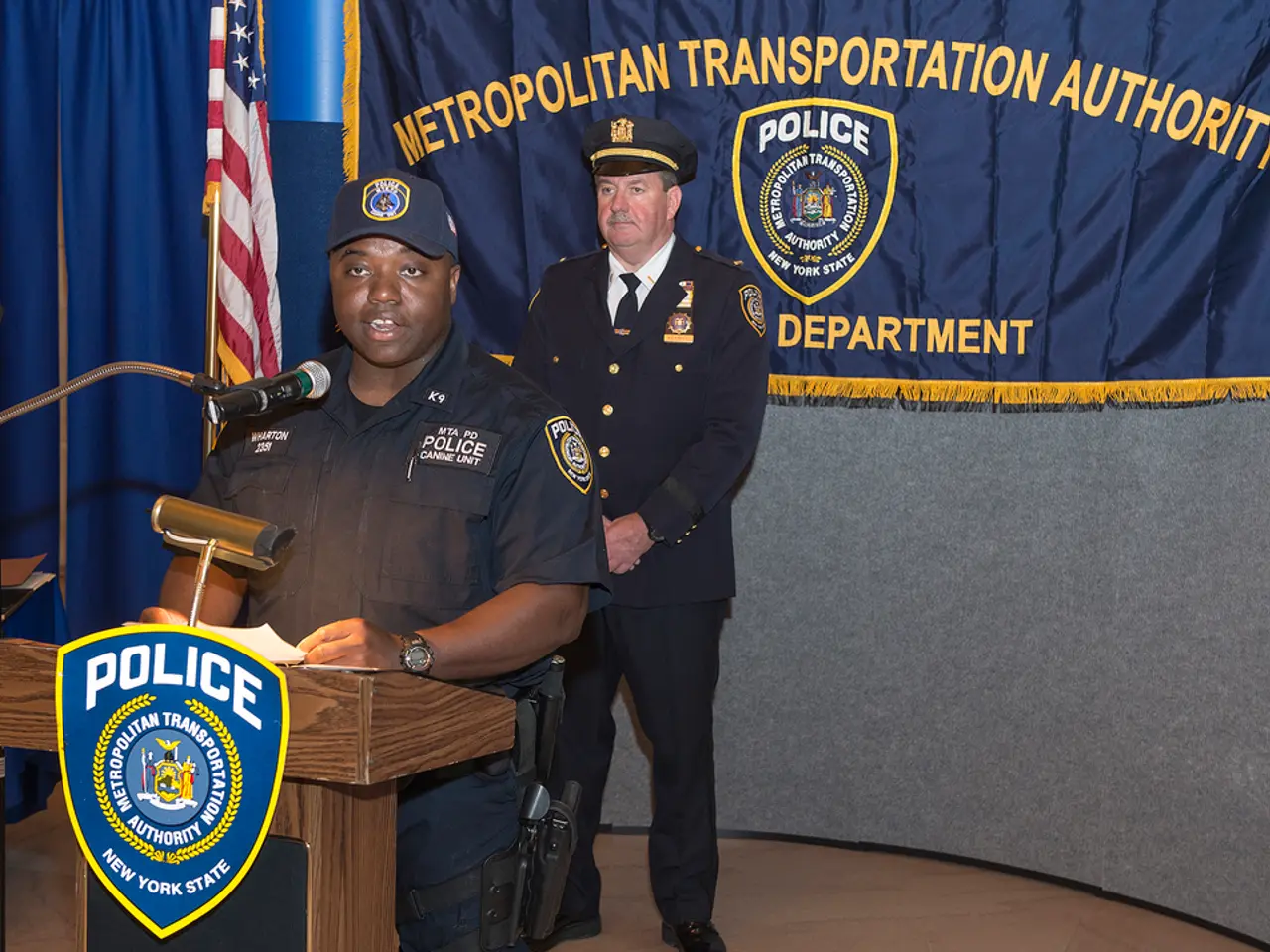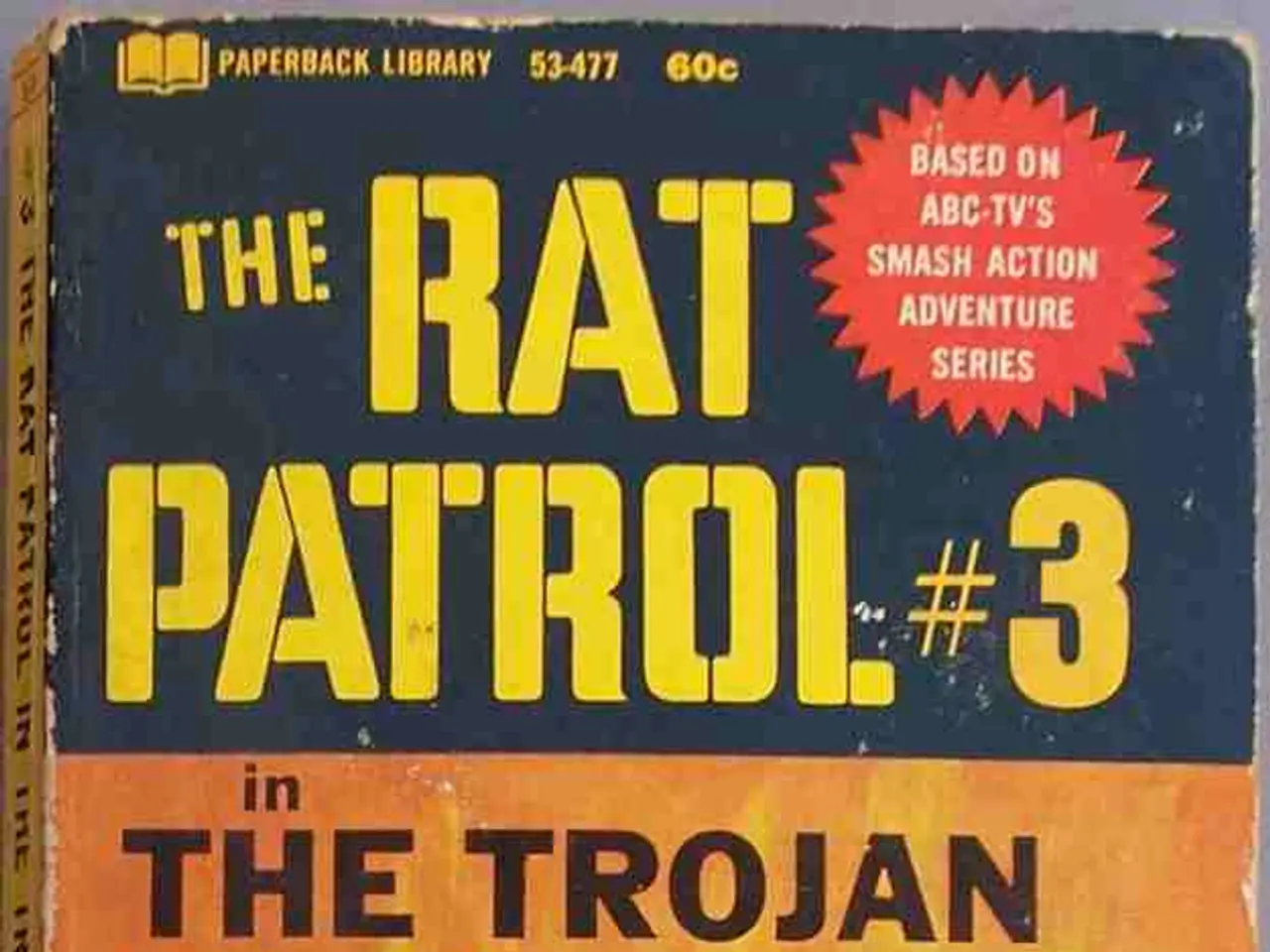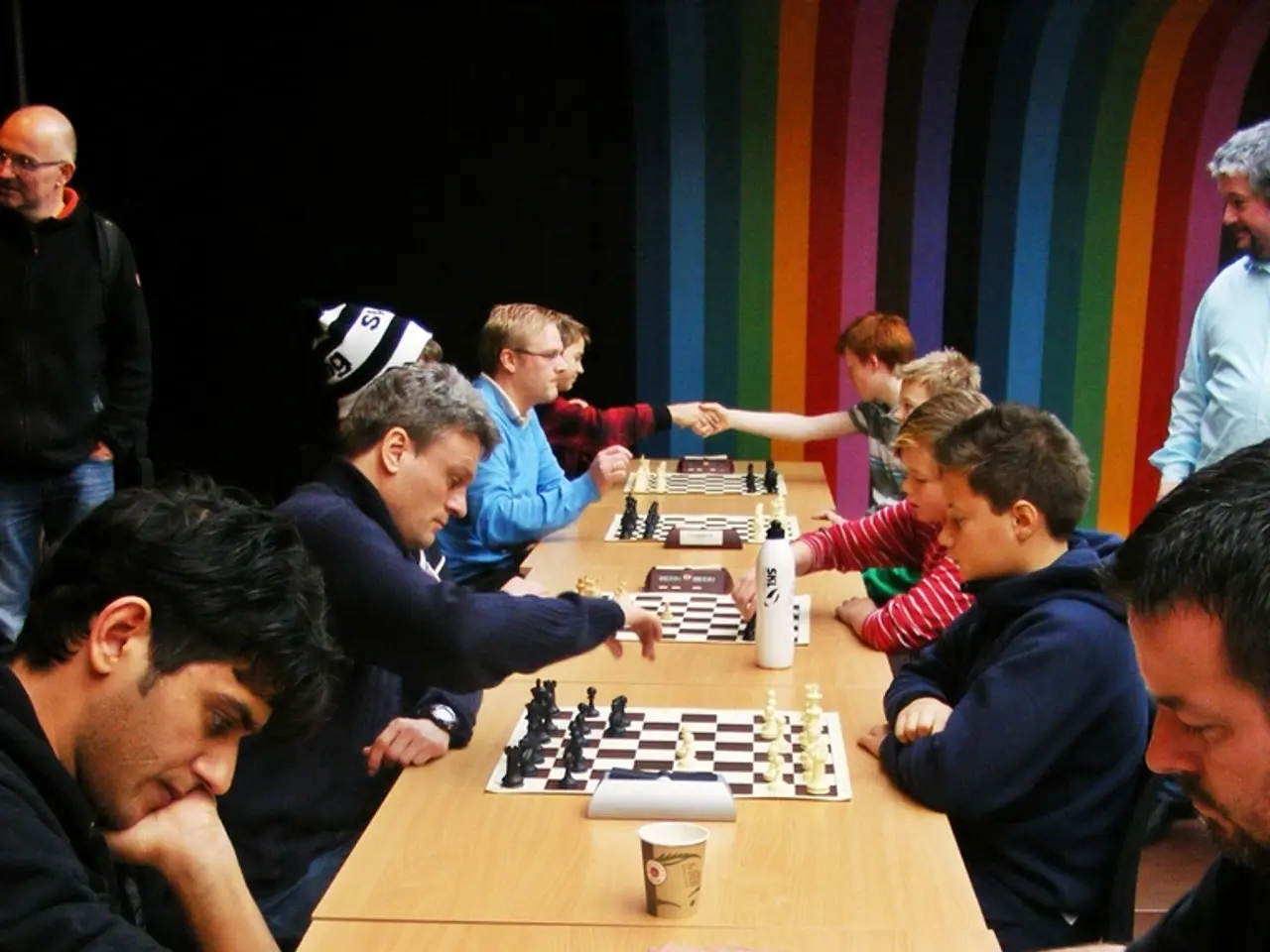Court upholds ban on unrestricted immigration raids by Trump administration
The Ninth U.S. Circuit Court of Appeals has upheld a temporary restraining order blocking indiscriminate immigration arrests in Southern California, as of August 2, 2025[1][5]. This decision comes after a lawsuit filed by residents, workers, and advocacy groups, who allege that the Department of Homeland Security (DHS) is conducting unlawful arrest tactics[1].
In the lawsuit, it is claimed that DHS is engaging in practices such as "abducting and disappearing" community members, confining detainees in illegal conditions, and denying attorney access[1]. The court ruling is seen as confirmation that these immigration enforcement tactics violated the Constitution and caused irreparable harm[1].
Judge Jennifer Sung questions the government's arguments, stating that factors such as race, language, presence at a location, and occupation form a "broad profile" and do not satisfy the reasonable suspicion standard to stop someone[5]. Judge Maame E. Frimpong wrote that the government cannot use factors such as apparent race or ethnicity, speaking Spanish or English with an accent, presence at a location such as a tow yard or car wash, or someone's occupation as the only basis for reasonable suspicion to detain someone[1].
Attorney Jacob Roth contends that the court should not ban the government from using these factors, but rather they should be used as part of reasonable suspicion[5]. However, the court's ruling suggests that the administration's tactics were not sufficiently justified on this basis[1][5].
Los Angeles Mayor Karen Bass hailed the Friday night decision as a "victory for the rule of law" and stated that the city will protect residents from "racial profiling and other illegal tactics" used by federal agents[5]. The federal government has argued that it was insufficiently given time to gather and present evidence in the lawsuit[5].
The ongoing battle between the Los Angeles region and the Trump administration over its aggressive immigration strategy continues, with protests and the deployment of the National Guards and Marines[4]. A hearing for a preliminary injunction, a more substantial court order as the lawsuit proceeds, is scheduled for September[2][3].
References:
[1] Associated Press. (2025, August 2). Appeals court upholds order blocking Trump immigration arrests in California. Retrieved from https://www.apnews.com/article/immigration-donald-trump-california-lawsuits-los-angeles-4b9b760d73c92b17e4c7a915b6d7906f
[2] Associated Press. (2025, July 23). Judge orders bond hearings for detainees at Adelanto ICE Processing Center. Retrieved from https://www.apnews.com/article/immigration-donald-trump-california-lawsuits-los-angeles-44610afe9803578e85441e07602f672c
[3] Associated Press. (2025, August 1). Hearing scheduled on lawsuit against Trump immigration enforcement tactics in Southern California. Retrieved from https://www.apnews.com/article/immigration-donald-trump-california-lawsuits-los-angeles-4a262869c8c8e05a27831330af490234
[4] Associated Press. (2025, July 15). California sues Trump administration over immigration enforcement tactics. Retrieved from https://www.apnews.com/article/immigration-donald-trump-california-lawsuits-los-angeles-4572c76229080e090319265036e93934
[5] Associated Press. (2025, August 6). Appeals court questions need for Trump administration to oppose order preventing immigration violations. Retrieved from https://www.apnews.com/article/immigration-donald-trump-california-lawsuits-los-angeles-4475f49a8059e109d8630e0a439454ac
The court's ruling regarding indiscriminate immigration arrests in Southern California has also sparked discussions on broader issues such as politics, general news, and crime-and-justice. For instance, videos surfacing from the protests in Los Angeles have shown protesters advocating for immigrants' rights and criticizing the administration's tactics as a violation of human rights[3]. Moreover, the ongoing legal battle could have far-reaching implications for war-and-conflicts, as some argue that similar tactics employed in immigration enforcement mirror military operations, raising concerns about civil liberties[4]. Lastly, the legal proceedings have shed light on the complex interplay between municipal politics, federal law enforcement, and the judiciary, as local authorities are taking stands to protect their residents from racial profiling and other illegal tactics[5].






